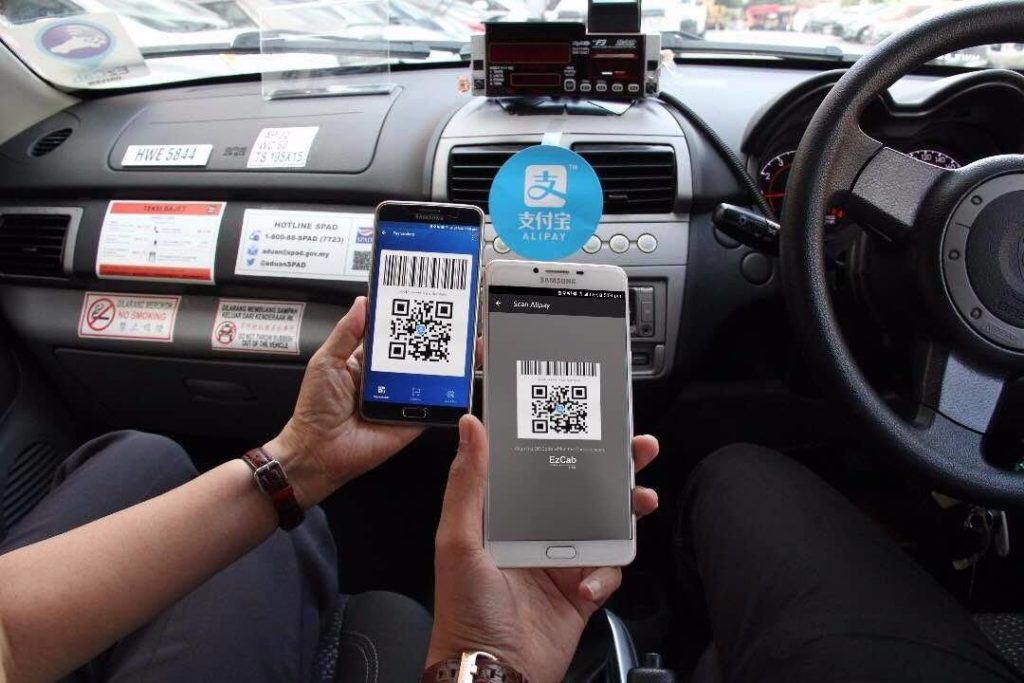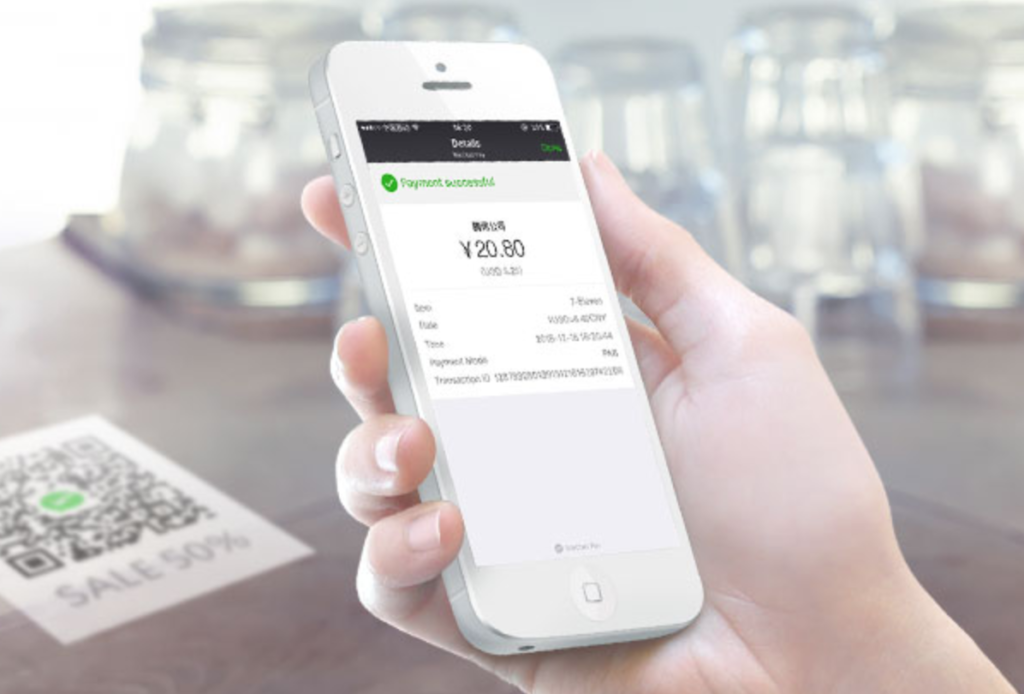
How China’s Fintech Giants are Tapping into a US$ 600 Billion Market
by Fintech News Hong Kong January 15, 2019China’s tech giants Alibaba and Tencent are going after global remittances, a market that sees more than US$600 billion being moved around the world annually, according to the World Bank.

Image: Hong Kong dollars, by refractedmoments, via Flickr
The two firms recently launched cross-border money transfer services to allow Hong Kong-based workers from Indonesia and the Philippines, who make up most of Hong Kong’s 370,000 domestic workers, to send money home cheaply and easily.
WeChat Pay’s We Remit service became operational in Hong Kong in 2017, while Ant Financial’s venture, launched through its Alipay HK affiliate and based on blockchain technology, started transferring money between Hong Kong and the Philippines in late June 2018.
Unlike We Remit, which currently does not link up to mobile phone wallets but instead require recipients to pick up funds at physical locations like banks or pawnshops, the Alipay remittance service allows real-time transfers between Alipay HK accounts and Filipino mobile payments service Gcash, which Ant Financial partly owns.
Both WeChat Pay’s We Remit service and Alipay HK are working with Hong Kong-based fintech startup EMQ, which has regulatory approvals and bank partnerships across Southeast Asia and elsewhere. Sources told Reuters that Ant Financial has been developing its partnership with EMQ as part of a suite of new cross-board payment efforts.
In the Philippines, EMQ is partnered with Union Bank of the Philippines and popular Filipino pawnshop chains Cebuana and Palawan. EMQ also has a footprint across Vietnam, Cambodia, India, Singapore, China and Japan, and is in the middle of expanding to the Middle East, hinting at where Alipay and WeChat Pay might go next.
Ant Financial, founded in October 2014, originated from Alipay, a third-party online payment platform launched in 2004 by Chinese e-commerce giant Alibaba. Since then, it has emerged as the highest valued fintech company in the world and the world’s most valuable unicorn company with a value of US$150 billion.
Ant Financial operates Alipay, the world’s largest mobile and online payments platform as well as Yu’e Bao, the world’s largest money-market fund. It also runs Sesame Credit, a third-party credit rating system, among many other services.

Image: Alipay mobile app in Malaysia, by Alipay Global, via Facebook
WeChat Pay emerged in 2014 to challenge AliPay’s dominance of China’s online payments industry. The digital wallet service, incorporated into Tencent’s multi-purpose app WeChat, rapidly won market share by leveraging the power of social networking. WeChat had more than 1 billion accounts as of Q3 2018, according to Statista. The WeChat Pay digital wallet allows users to perform mobile payments and send money between contacts.
In 2016, Alipay and WeChat Pay together processed over US$3 trillion of electronic payments.

WeChat Pay
Alibaba and Tencent are entering a highly competitive market currently dominated by the likes of Moneygram and Western Union. Moneygram has a global network of partners of some 350,000 outlets across 200 countries while Western Union has more than 550,000 locations worldwide. Alibaba sought to acquire Moneygram last year but the US rejected the US$1.2 billion deal over national security concerns.
Hong Kong isn’t Ant Financial’s only move in remittances. Reuters points out to job advertisements in September for its Malaysia office listing remittances as a responsibility. The company has also launched joint ventures in seven markets including Malaysia and Thailand for local digital payments services.
With a growing population of 600 million people, many of which unbanked, Southeast Asia has emerged as a strategic battleground for tech firms. Regional tech players, including Grab from Singapore and Go-Jek from Indonesia, are rapidly expanding into financial services, including remittances.
Ride-sharing platform Grab announced a remittance offering under the company’s financial services arm Grab Financial in November 2018. The remittance product will be available from early 2019 and will let users remit money instantly to recipients in another country using the GrabPay wallet. Receivers will be able to choose to either cash out the remitted sum via the regular network of cash-out points or use it on everyday transactions, ranging from bill payments to mobile airtime top-ups. Grab operates across eight countries in Southeast Asia and claims 125 million downloads as of November 2018.
Grab’s main rival Go-Jek ventured into fintech in 2016 with the launch of Go-Pay. Since then, the firm has started a banking revolution in Indonesia, making significant headway among segments of the population not covered by formal banking, increasing e-payment penetration and promoting the cashless economy.








